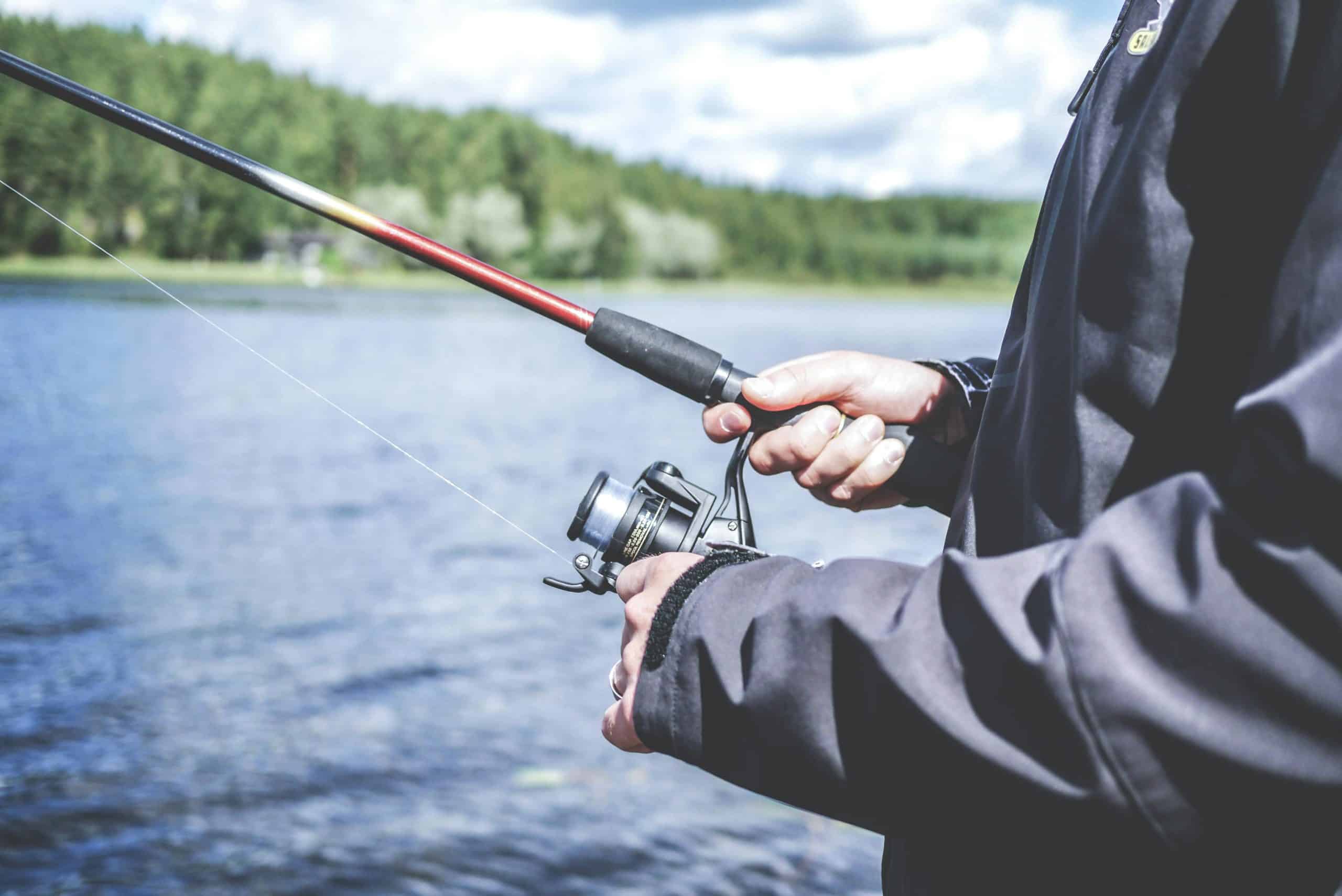How Can UK Fishing Industries Adopt Sustainable Practices to Boost Local Economy?

The fishing industry plays a crucial role in the UK's economy. It provides jobs, food, and a way of life for countless coastal communities. However, unsustainable practices have led to a decline in fish populations and damage to marine ecosystems. This article explores the potential for sustainable fishing practices to not only help protect the UK's marine life but also to boost the local economy
Understanding the Impact of Fishing on Marine Ecosystems
Fishing, in its many forms, has a significant impact on marine ecosystems. Overfishing can lead to a decrease in fish populations, disrupting the food chain and affecting the overall health of marine life. This issue goes beyond the simple reduction in the number of fish that can be caught. Changes in the population of one species can have a knock-on effect on others, creating a ripple effect through the ecosystem.
Lire également : How to Optimize Inventory Management in UK Fashion Retail Amidst Changing Consumer Demands?
Not all fishing practices are created equal. Some methods, such as bottom trawling, can damage the seafloor and kill non-target species, contributing to the degradation of marine environments. The challenges faced by fisheries management are both economic and environmental, and a balance must be struck between short-term gains and long-term sustainability.
A Google scholar search reveals numerous studies examining the impact of fishing on marine ecosystems. Such research provides valuable insights into the effects of overfishing and destructive practices, shining a light on the need for more sustainable methods.
Avez-vous vu cela : What Are the Implications of the UK's Corporate Transparency and Register Reform for Businesses?
The Potential of Sustainable Fishing Practices
Switching to more sustainable fishing practices can have numerous benefits. Not only can it help to protect marine ecosystems, but it can also provide economic advantages.
Sustainable fishing practices can help to ensure that fish populations remain healthy, allowing for continued fishing in the future. This approach can lead to more stable fish stocks, which in turn can lead to a more reliable income for fishing communities. Indeed, sustainable fishing can help to create a more resilient industry that is better able to withstand changes and fluctuations.
Sustainable fishing isn't just about the number of fish caught. It's about the way in which they are caught. By reducing bycatch (the accidental capture of non-target species), damage to habitats, and other negative impacts, fisheries can help to preserve the health of the marine environment.
The Role of Communities in Sustainable Fishing
Communities play a pivotal role in sustainable fishing. Their engagement is crucial in ensuring that sustainable practices are adopted and maintained.
Community-based management of fisheries can be an effective way of promoting sustainability. This approach involves communities taking an active role in the management of their local fisheries, from decision-making to enforcement.
There are several examples of community-based fisheries management in action, both within the UK and globally. These often involve partnerships between fishing communities, governments, and conservation organisations. Such collaborations can help to ensure that fisheries are managed in a way that benefits both people and the environment.
The Economic Benefits of Sustainable Fishing
Sustainable fishing has the potential to bring significant economic benefits. By ensuring the health and longevity of fish stocks, sustainable practices can help to secure the future of the fishing industry.
Research indicates that sustainable fisheries tend to be more profitable in the long run. A study published in the journal Science found that rebuilding overfished stocks could increase global fisheries income by $51 billion per year.
Sustainable fishing can also help to support local economies and communities. Fishing is often a key source of income and food for coastal communities. By ensuring the sustainability of fish stocks, these communities can continue to benefit from fishing for years to come.
Furthermore, sustainable fishing can open up new market opportunities. There is increasing consumer demand for responsibly sourced seafood, and fisheries that can demonstrate their commitment to sustainability may be able to command higher prices for their catch.
Implementing Sustainable Practices in the UK's Fisheries
Implementing sustainable practices in the UK's fisheries is a complex task, but one that holds significant potential. A combination of government regulation, industry initiative, and community engagement will be needed to bring about change.
The UK government can play a key role in promoting sustainability. This can be achieved through the formulation and enforcement of regulations designed to protect fish stocks and marine ecosystems.
The fishing industry itself also has a part to play. By adopting more sustainable practices and demonstrating a commitment to sustainability, fisheries can help to drive change.
At the same time, communities can help to enforce and maintain sustainable practices. Their involvement is crucial in ensuring the long-term success of any sustainability initiatives.
In conclusion, while the task is undoubtedly challenging, the potential rewards are significant. By adopting sustainable practices, the UK's fishing industry can help to protect marine ecosystems, support local communities, and boost the economy. It may require a shift in mindset and practice, but the benefits are clear: a sustainable fishing industry is a resilient and profitable one.
Adopting Sustainability: The Role of Government and Fishing Industries
The path to sustainable fishing in the UK requires the commitment and collaboration of various stakeholders. At the heart of this transformation lies the role of government bodies and the fishing industry themselves.
It is the responsibility of the government to shape policy and legislation that protects fish populations and preserves marine ecosystems. This may include introducing fishing quotas, seasonal restrictions, or protected areas to prevent overfishing and habitat destruction. Government bodies also play a crucial role in monitoring and enforcing these regulations.
However, government support alone is not sufficient. The fishing industry must be prepared to make significant changes in their practices. This could involve investing in more sustainable fishing gear or adopting catch methods that minimise bycatch. It also requires an understanding that short-term sacrifices may be necessary for long-term gains. The fishing industry must become champions of sustainability, recognising that the future of their livelihoods depends on the health of fish stocks and marine ecosystems.
Google scholar research supports this notion and emphasises how sustainable fishing practices are essential for the long-term viability of the fishing industry. Sustainable fisheries can yield consistent catches over time, stabilising income and boosting the resilience of fishing communities. Moreover, fishing companies that can demonstrate their commitment to sustainability may attract premium prices for their catch, tapping into the growing market for responsibly sourced seafood.
The Future of UK Fishing: Sustainability and Economic Prosperity
The journey towards sustainable fishing practices in the UK is fraught with challenges. It requires a shift in mindset and practice, balancing immediate economic needs with long-term environmental sustainability. However, the potential rewards far outweigh the challenges.
By adopting sustainable practices, the UK's fishing industry can ensure its long-term viability. Ensuring the health and longevity of fish stocks will lead to more stable catches and income, reducing the vulnerability of fishing communities to fluctuations in fish populations. This stability also makes the industry more resilient, better able to weather changes in environmental and market conditions.
Sustainable practices also open up new economic opportunities. The growing consumer demand for responsibly sourced seafood presents a lucrative market for fisheries committed to sustainability. Beyond providing a steady income, sustainable fishing can also contribute to local economies by supporting related industries such as tourism and hospitality.
In conclusion, adopting sustainable fishing practices is not just about preserving marine ecosystems or protecting fish stocks. It is also about building a resilient and profitable fishing industry, supporting local communities, and contributing to the UK's economy. While the path to sustainability may be challenging, it presents a promising future for UK fishing. As we move forward, it is crucial to keep reminding ourselves that sustainable fishing is a win-win for both the environment and the economy.
